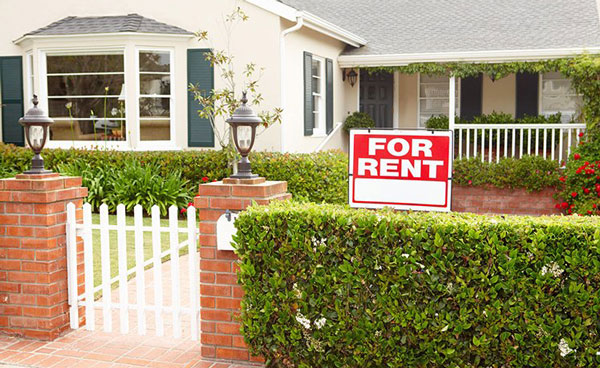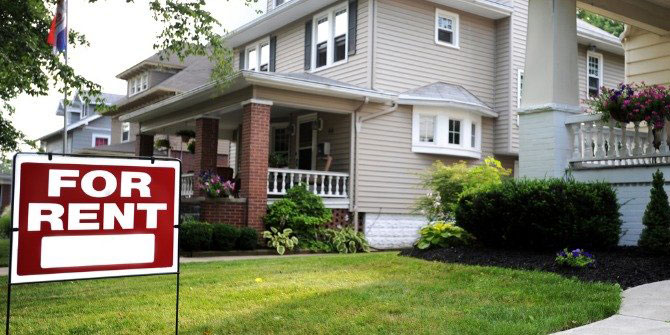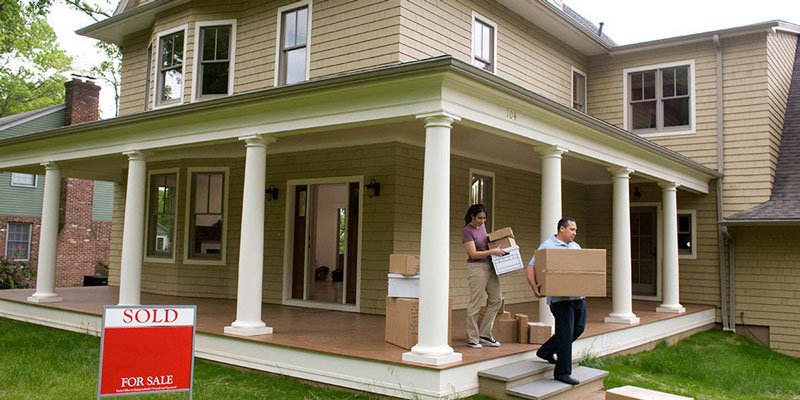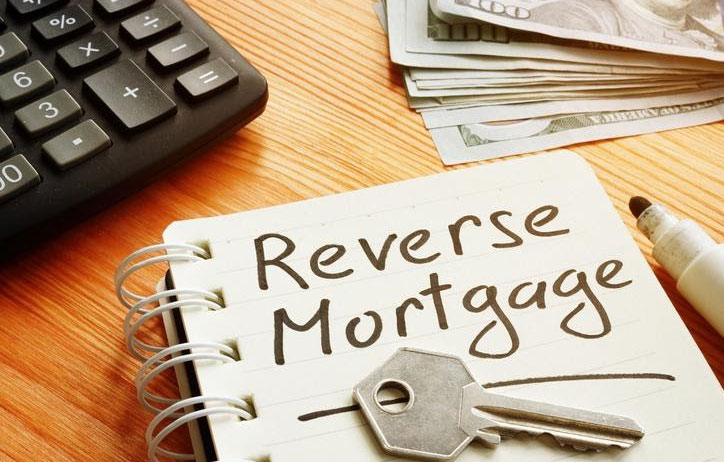As a landlord, you'll have to deal with tenants who don't pay their rent, and you'll have to deal with the stress of running a business. When evaluating whether or not purchasing a rental property is a sound financial decision, you should consider taxes, real estate value, the cost of a mortgage, ongoing upkeep, and your desire to become a landlord.
Buying a Second Property for Renting

Even if there are several advantages to renting out the first property, owning two properties should be carefully considered. Here are the first five steps to buying a second house and renting out your primary residence.
1. Evaluate Your Finances
It's possible that owning two residences may result in two mortgages, which would add to your financial load. Experts recommend paying off high-interest debts, making an affordable financial plan, and putting aside enough money for personal emergencies before purchasing a second house. It may be helpful to consult a financial advisor or a property manager to learn about the costs of renting out the first house.
2. Find a Second Down Payment
You might be surprised at how quickly you can conquer the challenge of coming up with the money for a down payment on a second house. It is possible to use a home equity loan or home equity line of credit (HELOC) to raise money for the down payment on a second house.
Borrowing from relatives and friends or withdrawing funds from a retirement account are other options for saving money for a down payment.
3. Assure the House will Rent Well
While the rental property is in high demand across the country, specific properties provide a better return on investment than others.
The Roofstock Cloudhouse Rental Calculator is an excellent tool for estimating a home's resale value. Even if the house has never been rented before, you may get an estimate of its prospective return by entering the address of any single-family home in the United States.
The examination of financial measures such as cash flow and return may also be adjusted by altering assumptions such as monthly rent or vacancies.
4. Plan How to Handle the Rental Property
Self-management of a rental property involves a variety of responsibilities, including the following: Landlord and tenant legislation and federal fair housing rules should be studied thoroughly.
Getting a house ready to rent by making it appealing to potential renters. Selling the house, vetting potential renters, and negotiating a lease are steps in the eviction process.
Some of the property management duties are collecting the rent, maintaining and repairing the property, paying all bills on time, and conducting regular property inspections.
5. Create a Sound Accounting System
A lot of paperwork is needed in renting out even one house. Landlord-tenant interactions and lease documentation must be managed and preserved securely to prevent loss or damage to either party.
With the help of financial software from Stessa, real estate investors may optimize prospective earnings and claim additional tax deductions that come with being a property owner. It captures transactions securely, categorizes them, and provides free cloud-based storage for real estate papers, receipts, and reports.
The Advantages of House Rental

Buying a new house and then selling your old one may be the easiest option. Buying a second property and renting out the original one has its advantages and disadvantages, but it is an option worth considering.
· Rental Earnings
A tenant's monthly rent is used to cover the mortgage, property taxes and insurance, HOA fees, and the cost of any necessary repairs to the property. Landlords have more money at the end of each period when their rental properties have a positive cash flow.
As an example, let's say that a single-family property worth $250,000 is available for $2,500 a month on the rental market.
Expenses like repairs, insurance, and property taxes eat up half of the total rental revenue, according to the "50 Percent Rule." Every month's positive cash flow for a $900 mortgage payment (principal and interest alone) is $350.00.
· Tax Advantages
Real estate investors in the United States benefit from favorable tax legislation. Besides running expenditures, landlords may be able to deduct travel fees to visit rental properties and money spent on continuing education and a home office from their rental revenue.
A landlord can also use a depreciation deduction to lower taxable net income. To depreciate the cost of a residential rental property, the IRS provides a 27.5-year timeframe. This means that if a house is worth $250k and its land is worth $30k, each year's depreciation expense would be $8,000:
· Create Wealth
It was previously noted by Rich Dad Poor Dad author Robert Kiyosaki that "Real estate investing is still a tried and tested method of increasing an individual's cash flow and wealth."
The first step to financial freedom may be to keep your first house and rent it out rather than selling it and purchasing a new one.
House prices have risen 81 percent in the last decade, according to a figure from the Federal Reserve (Q3 2011 to Q3 2021). So, if property prices continue to rise in the same manner, a $250,000 house today may be worth $450,000 in ten years.




